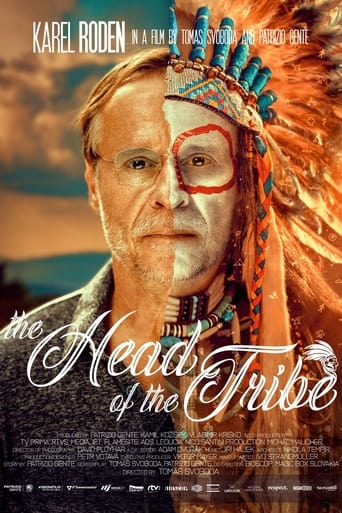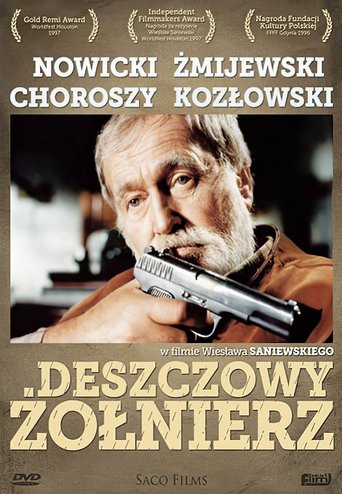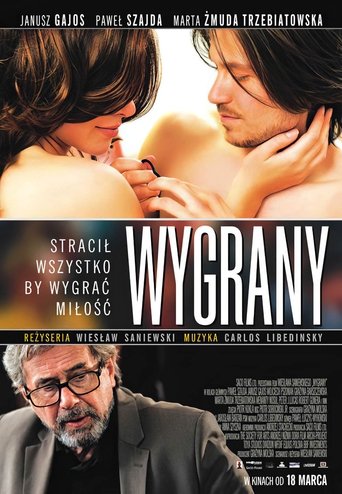Saco Films
Obcy musi fruwać 1993
Berlin, 1990. At the invitation of his actor friends, who have already lived abroad for many years, Max, a Polish theater director, comes to Berlin. They begin to work together. They try to realize their dream: to stage a play, the staging of which was prevented by the imposition of martial law ten years earlier. The way they raise funds (selling pieces of the "historic" wall) and struggle against the heartless machinery of bureaucracy forms the axis of the film. In their efforts, the four protagonists are assisted by Regina, a translator familiar with local customs and practices. The film deals with the problems of artists in the new, commercializing reality. It is the story of strangers, auslanders who want to realize their dreams and ambitions outside their homeland. It raises topical issues of chauvinism, xenophobia and hatred of foreigners felt by both Germans and Poles.
Deszczowy żołnierz 1997
After being raped by her lover, Anna, lawyer investigating top-level corruption, nearly hits an amnesiac man while driving. This event begins a series of flasbacks back to communist takeover of Poland in 1949.
The Winner 2011
Oliver (Pawel Szajda) is a talented young pianist of Polish American heritage. After breaking off his European tournée, he is forced to repay the tour organizers 250 thousand Euros. On his journey, he meets the very colorful character of (Janusz Gajos) a retired high school math teacher and a great enthusiast of the horse races. He dreams of returning to America as a somebody, but can only do so after wining a momentous prize. From then on the two friends endeavor to gain success. They discover true friendship. Together they fulfill Franks dream of winning at the horse races, which in turn allows Oliver to buy back his personal freedom. Having recovered from a dramatically ended marriage, the young man is able to open up to a new love.



